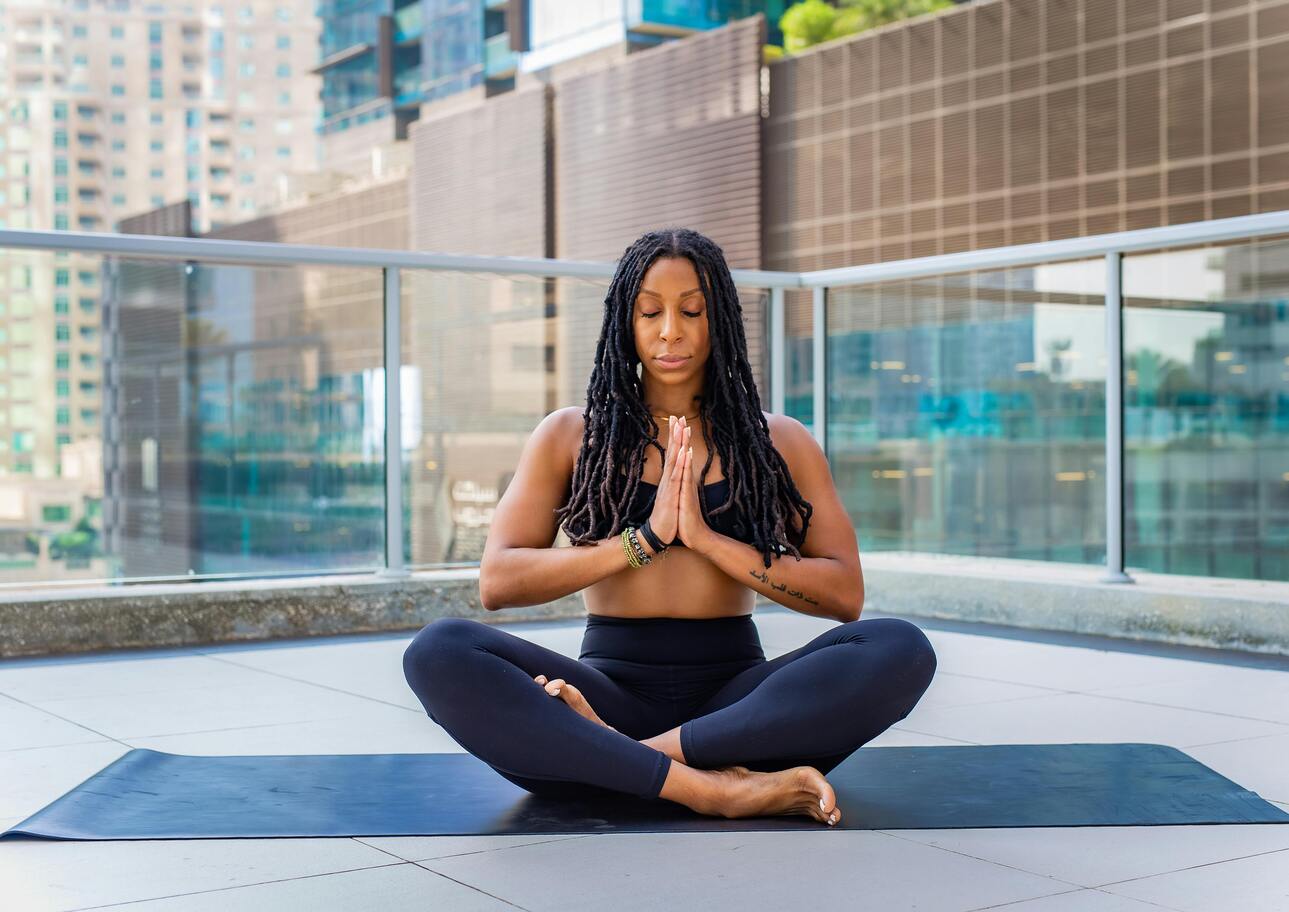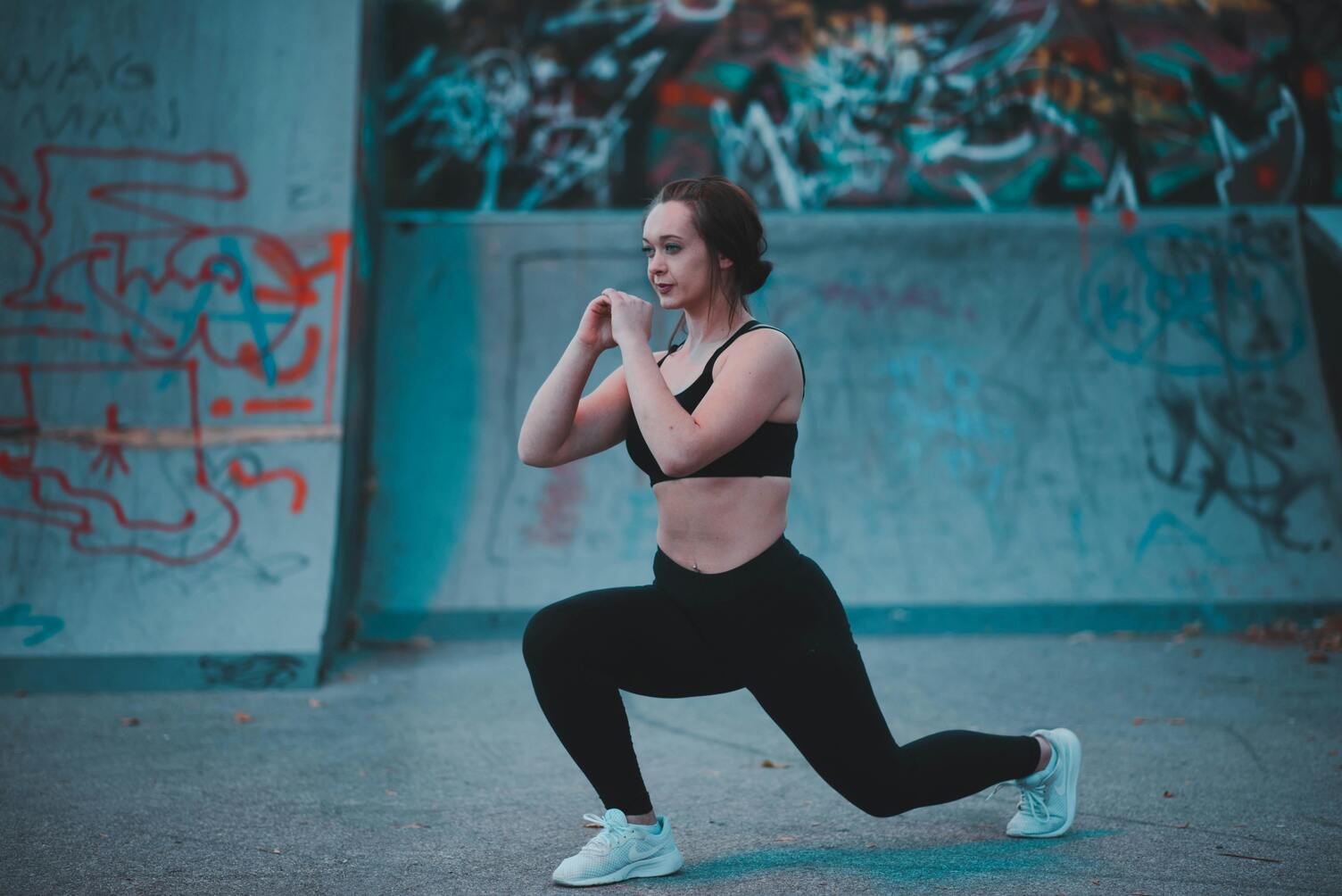Self-love isn’t indulgent. It’s the foundation of resilience — the quiet strength to show up for yourself when life doesn’t go according to ( plan / plane / plain ) ____________________. It’s not loud or boastful. Sometimes, it’s simply choosing rest over hustle, or silence over self-criticism.
For years, Camille equated self-worth with productivity. If she wasn’t busy, she felt ( idle / idol / ideal ) ____________________. Praise from others became her fuel, even when it conflicted with her own needs. Slowly, she began to feel like a ( complement / compliment / component ) ____________________ in everyone else’s success story, but never the author of her own.
Her turning point came after a burnout so severe she could barely ( bare / bear / beer ) ____________________ to check her email without anxiety. A therapist asked her a question she couldn’t answer: “What do you need — not as an employee, a partner, or a friend — but as yourself?”
At first, self-love felt unfamiliar. She confused it with selfishness. But gradually, she began to ( illicit / elicit / solicit ) ____________________ insight from journaling, mindfulness, and simply being present. She redefined self-worth not as external validation, but as something innate and ( discreet / discrete / desecrate ) ____________________ from performance.

Part of her growth involved learning to say “no” — not as a rejection of others, but as an affirmation of herself. She realized that boundaries don’t create ( distance / distants / dissent ) ____________________; they create clarity. They make space for what matters.
Camille also challenged the stories she told herself. Was every mistake really a failure, or just a ( phase / faze / face ) ____________________ in growth? Was discomfort always a sign to stop, or sometimes a sign to keep going?
With time, her confidence shifted from something fragile to something ( stationary / stationery / statuary ) ____________________ — anchored in self-trust. She no longer craved constant approval. She still cared, but she didn’t compromise her voice to be ( excepted / accepted / expectant ) ____________________.
Self-love didn’t solve her problems. But it gave her the clarity to face them without losing herself. Now, she’s not chasing perfection. She’s showing up — flawed, curious, present. And for once, she’s proud to be on her own ( coarse / course / curse ) ____________________.
Follow-Up Vocabulary Quiz: Advanced Word Practice
Instructions:
Choose the correct word from the three options to complete each sentence. Only one option fits the context and meaning.
1. The trip didn’t go according to ______________; a last-minute cancellation changed everything.
a) plane
b) plain
c) plan
2. Too much free time can make a person feel ______________, especially if they’re used to constant activity.
a) idle
b) idol
c) ideal
3. That last ingredient is an essential ______________ in the recipe — without it, the dish won’t work.
a) compliment
b) component
c) complement
4. I can’t ______________ the sound of chewing when I’m trying to concentrate.
a) bear
b) bare
c) beer
5. The speaker’s personal story helped to ______________ empathy from the audience.
a) solicit
b) illicit
c) elicit
6. Please keep the two files ______________; one is confidential, the other is for public use.
a) discreet
b) desecrate
c) discrete
7. Setting healthy boundaries doesn’t create ______________; it creates better communication.
a) dissent
b) distance
c) distants
8. Don’t worry — this anxiety might just be a temporary ______________ in your healing process.
a) face
b) faze
c) phase
9. Her views remained ______________ despite outside pressure to change.
a) stationary
b) stationery
c) statuary
10. After years of rejection, he finally felt ______________ by his peers and confident in his place.
a) excepted
b) expectant
c) accepted
11. The teacher designed the entire ______________ to help students build real-world writing skills.
a) course
b) coarse
c) curse
12. He admired her as a cultural ______________, not just a talented performer.
a) idol
b) idle
c) ideal



